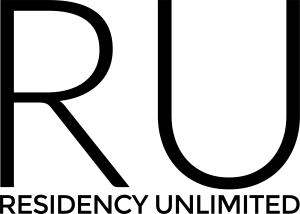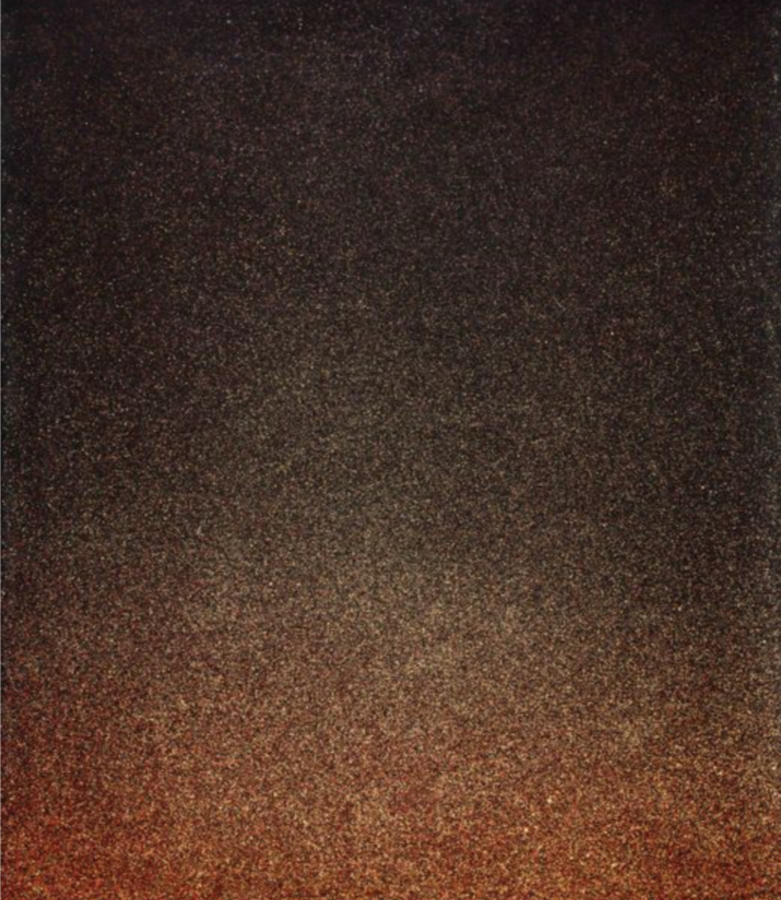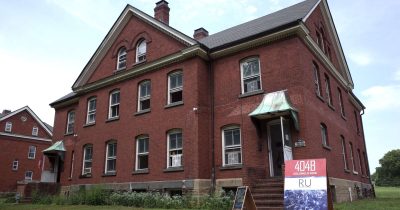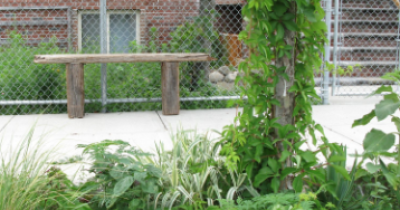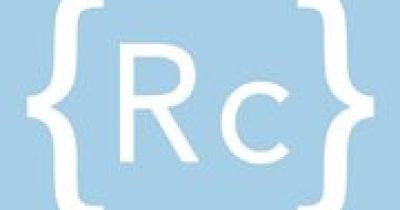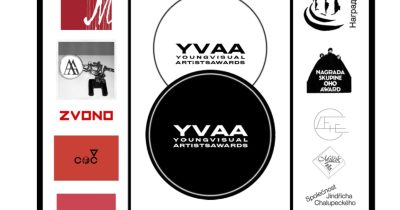Lives & Works: New York City and Warsaw, Poland
Joanna Borkowska is an abstract painter who since 2008 has devoted herself completely to painting. The source of Borkowska’s inspiration is Nature, which she understands as everything that is, from the molecular to the cosmic, with all its forces and processes. Her practice explores her interest in the beginning and the end of the Universe, and ideas related to the concepts of Nothingness and Absolute Nothingness in both philosophy and science. In her work, she translates these ideas and the invisible, vibrational aspects of Nature onto the canvas.
“Nature is the source of my creative energy and vision. I think that the creative process is a collaborative effort, but the artist is responsible for the ultimate outcome. I work in a partnership with Nature in order to prepare a space in which I can establish contact with the essence of a form – either from the material world or the world of ideas. A painting gradually evolves from the mutual discovery and exploration between the artist and this form. The resulting piece of art develops its own independent existence, becoming a new form creating a potentially infinite number of interactions and interrelations with the viewer.”
After debuting in 2009 with a solo exhibition at the National Museum in Szczecin, Joanna Borkowska has exhibited in Italy, Monaco, Switzerland, and Spain, as well as throughout Poland. She is currently preparing a solo show that will take place in 2019 at The National Museum in Szczecin, Poland. Recent solo shows include: 2018 Angst – Municipal Gallery of Contemporary Art ms44, Świnoujscie, Poland; On the Edge – Le Guern Gallery, Warsaw; 2017 Elements – BWA Zielona Góra, Poland (The Municipal Gallery of Contemporary Art); traveling exhibition to The Municipal Gallery of Contemporary Art in Legnica, Poland and BWA Jelenia Góra, Poland (The Municipal Gallery of Contemporary Art). 2016, Z.E.N. – The National Gallery in Sopot, Poland; Frequencies – The Museum in Koszalin, Poland. 2014–2015 Memory Stone and Secrets at Matadero-Madrid Contemporary Art Center, Spain.
Texts:
In the Realm of Slow Painting, Joanna Borkowska at The National Museum in Szczecin, published by Block Magazine.
Raphael Rubinstein’s curatorial statement for In the Realm of Slow Painting, at The National Museum in Szczecin.
Group Exhibitions include: 2017 FALA – 11th Annual Interdisciplinary Exhibition – Bałtycka Galeria Sztuki, Koszalin, Poland. 2016 De-mo-kra-cja – The Labyrinth Gallery, Lublin, Poland. 2013 Art Inside by Gigi Kracht – Baur au Lac, Zurich, Switzerland.
In 2018, she was selected for the 2018 Art Omi Artist Residency, Ghent, New York. In 2014, she was artist in residence at Matadero Madrid Contemporary Art Center and Levadura.
Select Permanent Collections: Art Omi, Ghent, NY, USA; The National Museum in Szczecin, Poland; National Gallery of Art in Sopot, Poland, H.E.S.A Collection, Warsaw, Poland; Francis J. Greenburger Collection, NY, USA
Support: Joanna Borkowska’s residency is made possible with support from West Pomerania, Kosciuszko Foundation, the Polish Cultural Institute of New York.
